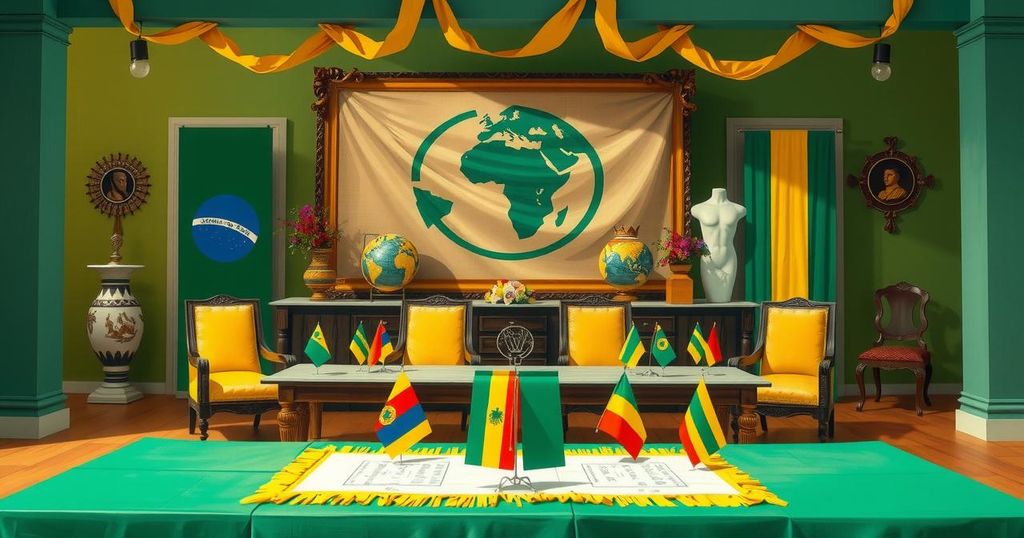- DRC and Rwanda signed a peace deal amidst a decades-long conflict.
- US President Trump claims the deal includes significant mineral rights.
- The M23 rebel group raises doubts about the binding nature of the agreement.
- Foreign ministers of DRC and Rwanda signed the deal in Washington.
- Concerns remain over the uncertainty of implementing this peace deal.
New Peace Deal Signals Hope Amidst Lingering Doubts
The Democratic Republic of Congo (DRC) and Rwanda have recently made headlines by signing a peace deal facilitated by U.S. President Donald Trump. This landmark agreement, which aims to bring an end to a conflict that has persisted for decades, is seen as a pivotal moment given the immense human cost — approximately six million lives lost due to violence in eastern DRC. Trump’s assertion that the U.S. will also benefit by acquiring substantial mineral rights from the Congo has raised eyebrows, suggesting that economic interests may play a role in this diplomatic breakthrough.
Skepticism Surrounds Commitment to the Agreement
Despite the historic signing, not everyone is convinced that this peace agreement will stick. The M23 rebel group, which has been a key player in the conflict and has backing from Rwanda, has indicated that they may not feel bound by the terms of this newly signed accord. This statement raises questions about the enforceability of the peace deal and whether it can actually bring about tangible change in the region, particularly with respect to the withdrawal of Rwandan troops from eastern DRC as mandated by the agreement.
International Support and Future Prospects
During the ceremony, DRC Foreign Minister Therese Kayikwamba Wagner and her Rwandan counterpart Olivier Nduhungirehe signed the much-anticipated agreement in Washington, with U.S. Secretary of State Marco Rubio present. Wagner acknowledged the heavy toll the conflict has taken on the millions of victims and emphasized the importance of adhering to this new commitment. Meanwhile, Nduhungirehe expressed concerns, highlighting a “great deal of uncertainty” about the future, especially given the history of unfulfilled agreements in the region. He remained hopeful, however, stressing that international support is crucial for lasting peace.
In summary, the DRC and Rwanda have signed a peace deal with the potential to change the course of a long-standing conflict, yet skepticism prevails regarding its enforceability and commitment from all parties involved. As the DRC’s government pushes for respect towards victims of the conflict, the involvement of powerful nations like the U.S. adds both optimism and concern over underlying motivations. So, whether this peace deal will culminate in a substantive resolution or falter like previous attempts remains to be seen.






